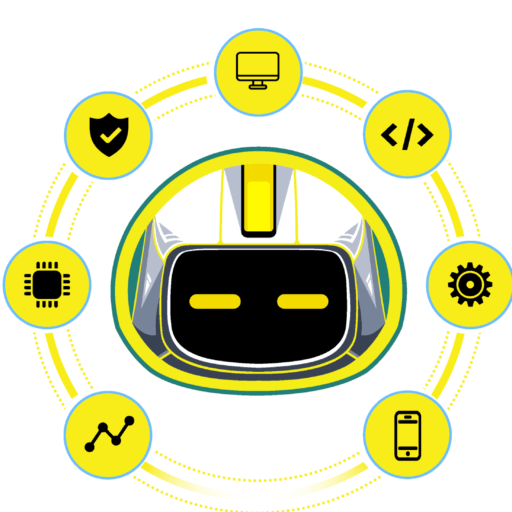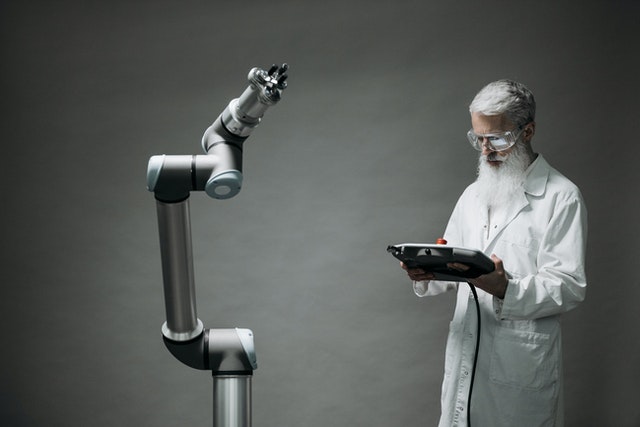Laboratory AI in medicine
In the future, your doctor may not be a human. AI in medicine is already making its way into medicine and becoming more mainstream every day. The benefits to AI in healthcare are enormous- it can diagnose illnesses quicker than any person could alone, provide customized treatment options for patients, and help doctors spend more time with their patients without having to do all of the work themselves. But like any emerging technology, there are risks that come with it too. Hackers might steal health data or use medical records against people; machines can malfunction; they often lack empathy and understanding when dealing with complex issues such as mental illness. There’s no denying that artificial intelligence will play an important role in how we practice medicine in the years ahead but there’s still plenty of debate about whether
How does it work and what is the future of this technology
in this blog post we will be discussing the future of artificial intelligence in medical care. one example is that a doctor could use AI to diagnose and treat patients remotely. while it might sound too futuristic, with current advances in technology such as big data and machine learning, it’s not unlikely for doctors to start using these tools sooner than they think…
What are the benefits of using AI for medical purposes
AI has been a flourishing technology for decades, but it’s only recently that the medical field is beginning to explore its full potential. The benefits of using AI in medicine are huge because they can help doctors make more accurate diagnoses, prescribe better medications, and prevent healthcare data breaches. With all these benefits and risks at play, what are your thoughts on this new trend?
The ethical dilemmas that arise with this type of technology
The use of facial recognition technology for healthcare has become a controversial topic in the past few years. With the recent news about Facebook’s misuse of user data, it is becoming clearer and clearer that there are many ethical dilemmas that arise with this type of technology. Facial recognition software used by hospitals to identify patients can use as a way to track people through security checkpoints or even identify them in public spaces without their knowledge. This can lead to privacy invasion and concerns over safety. Some doctors feel like this type of technology might have some benefits, such as improving patient care by enabling physicians to better monitor patients after they leave the hospital, but others worry about these new technologies being abused or hacked into due to lack of regulation on how they’re allowed
Where can I learn more about how to use AI in medicine, and where should I start my research on this topic
Many doctors have an interest in how artificial intelligence can use to help the medical industry. There are a number of ways that AI is already being utilized. But many more applications for it are still being explored. I explore some of the different ways AI is impacting medicine and what you should know about them. If you’re considering using it yourself or learning more about it so you can better advise your patients.
Why people are excited about the idea of using artificial intelligence in medicine
The idea of artificial intelligence is using in medicine is something . That has been a topic for discussion for many years. For people who work in the medical field, it’s a way to provide better care and improve efficiency. It can also help with reducing human error. And providing more accurate diagnoses than humans might make without the assistance of AI. There are lots of exciting things happening now with artificial intelligence. When it comes to healthcare, programs like IBM Watson or Google Deepmind helping doctors diagnose illnesses quicker and more accurately. Chatbots are able to answer questions about health-related topics. By mining data on public websites or databases such as PubMed Central.




